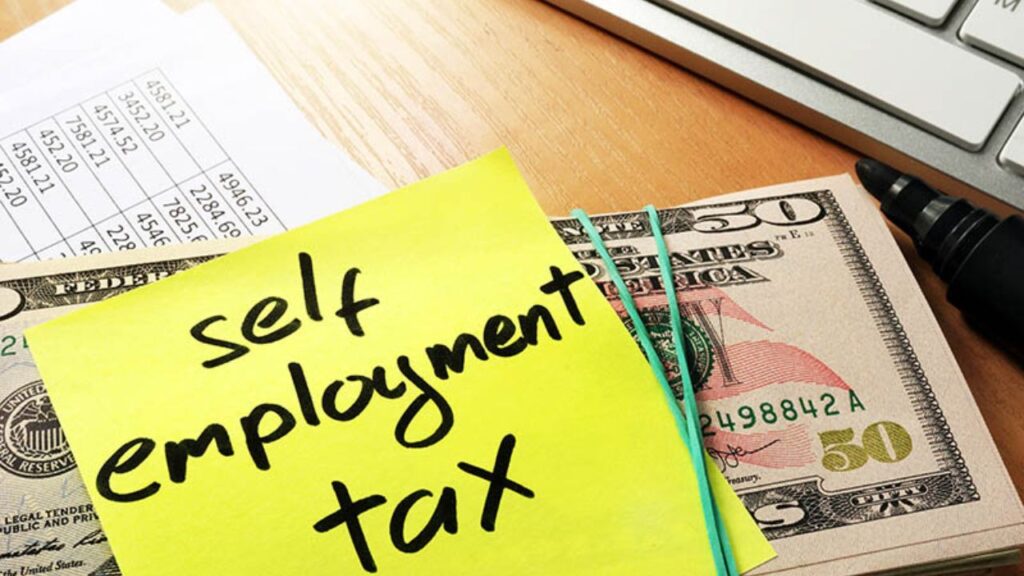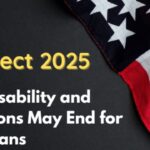IRS Self Employment Tax Credit: Today, the IRS sent out a consumer alert about false information spreading on social media about a supposed “Self Employment Tax Credit” that is leading people to make false claims.
Table of Contents
Some of the false information says that self-employed people and job workers can get big payments during the COVID-19 pandemic. Some claims say they can get up to $32,000.
The #IRS is warning about a #tax credit scam being posted on social medias for self employment taxes that doesn't exist. Misleading posts target self-employed and gig workers, saying they are entitled to $32,000. No such credit exists. Read more: https://t.co/uVZfikoP0Z pic.twitter.com/Xk0C3Yo7yA
— Ren Cicalese III CPA (@R3CPA) July 16, 2024
This credit is actually called the Credits for Sick Leave and Family Leave, not the “Self Employment Tax Credit”.
Tax returns for 2023 are not eligible for this credit, which was available for specific circumstances in 2020 and 2021.
Form 7202 is meant for self-employed people who can’t work because of COVID-19, but many people fill it out wrongly and ask for a credit for income made as employees.
Also Read: FAFSA Deadline 2024: When is the last day to make changes to your application?
Tax Commissioner Danny Werfel said, “This is another false social media claim that’s tricking honest taxpayers into thinking they’re due a big payday.” He warned about the risks of spreading false information like this.
He told people: “Before paying someone to file these claims, taxpayers should consult with a trusted tax professional to see if they meet the very limited eligibility scenarios.”
Stay informed and avoid scams! The @IRSnews has issued a consumer alert about a non-existent 'Self Employment Tax Credit.' Don't be misled into filing false claims! For official updates, click here: https://t.co/ocJpmBopOq#ScamAlert #TaxAlert #SmallBizBIGVoice pic.twitter.com/2CKb2yvrmT
— NWYC (@NWYC) July 19, 2024
The IRS has seen a trend of misleading marketing that is similar to what they saw with the Employee Retention Credit, which was also marketed in the wrong way.
In addition to their complex requirements, both credits are not intended for general taxpayers. As a result, the IRS continues to see an increase in dubious claims that cause refunds to be delayed and additional documentation to be required.
Also Read: Summer EBT 2024: Is your state sending extra food stamps this month?
The IRS warns against scams involving “self-employment tax credits”
The warning also covers other types of scams, such as those involving the Fuel Tax Credit and household employment taxes. In its annual “Dirty Dozen” series, the IRS has brought these problems to light, stressing how important it is to check the validity of tax claims.
He said again how important it was to get good advice: “Scammers always take advantage of people’s hopes by saying there are hidden ways to get a big refund.”
Beware of the fake "Self Employment Tax Credit"! Promoters on social media are pushing this nonexistent credit to scam self-employed workers. Get the facts from the IRS: https://t.co/QZWFG72hI4 #TaxScamAlert #SelfEmployment pic.twitter.com/LEG1q6YIXu
— iFind TaxPro (@ifindtaxpro) July 19, 2024
Tax debtors should talk to trained experts who can help them understand tax credits and avoid scams.
When tax season comes around, people who owe money should be careful and make sure they have all the information they need from trustworthy sources.
Also Read: Japan Earthquake Today: 4.2-Magnitude Tremors Shake Tokyo



